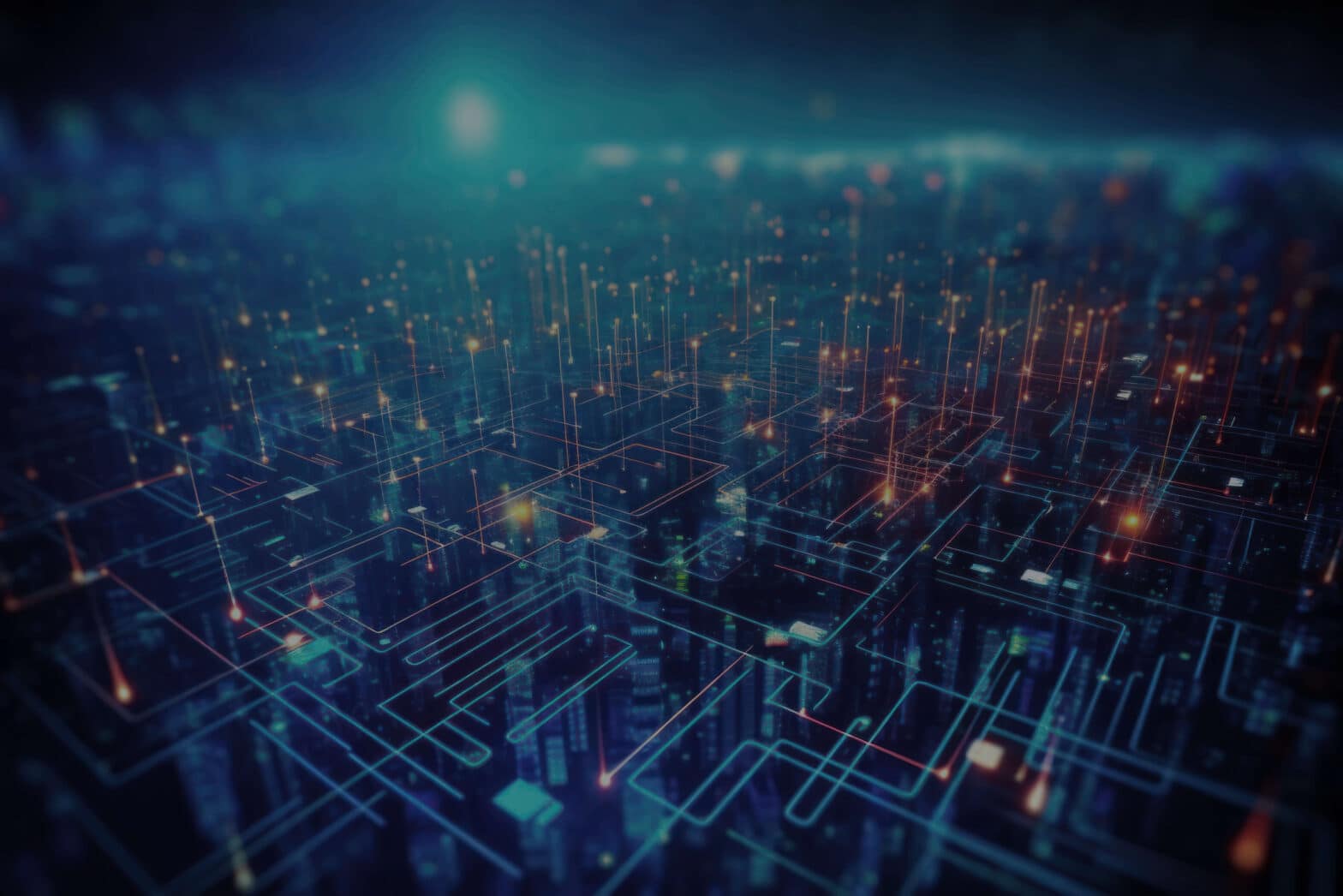For the past several years, Artificial Intelligence (AI) has become more and more of an integral part of our society. AI has transformed various industries, automating routine tasks, optimizing operations, and improving decision-making processes.
Within this blog, we will explore the benefits and risks of AI and how it is changing the IT industry.
AI offers several benefits to the IT industry. Some key advantages include:
- Automation of Routine Tasks: Automate routine and time-consuming tasks. For example, IT teams can use AI-powered tools to automate the process of software testing and bug fixing. Automating these tasks frees up their time to focus on more complex tasks.
- Improved Customer Service: Offer accessible support to customers using AI-powered chatbots and virtual assistants. You can quickly resolve issues and answer questions in real-time using AI support.
- Enhanced Cybersecurity: Prevent cyberattacks by monitoring and analyzing network traffic. Quickly identify potential threats and respond to the threats in real-time using AI.
- Improved Decision Making: AI can analyze vast amounts of data. This provides insights that can help businesses make informed decisions.
AI offers several benefits; however, there are risks involved as well. These risks include the following:
- Lack of Transparency: AI algorithms are complex. This complexity makes it difficult to comprehend how decisions are generated. This is concerning, especially in highly regulated industries.
- Data Privacy Concerns: For AI to function correctly, it requires a vast amount of information. This presents a general concern not only for businesses but also for general consumers. It is a concern that AI could be used to collect and analyze personal data without consent, leading to privacy violations.
- Bias: AI algorithms are as unbiased as the data they are trained on. If the data is biased, this will lead to biased results presented by AI.
AI has made huge impacts on the IT industry. Here are a few we have seen so far:
- Smarter Automation: Automation is becoming more efficient, improving productivity by automating more complex tasks and reducing the workload for IT personnel.
- Predictive Maintenance: Monitor equipment and predict when maintenance is needed with the help of AI.
- Data Analysis: Improve operations, identify areas for growth, and stay ahead of competition by letting AI analyze vast amounts of data.
In conclusion, AI is transforming the IT industry, automating tasks, improving customer service, enhancing cybersecurity, and improving decision-making. However, it is vital to be aware of the potential risks, such as job losses, lack of transparency, data privacy concerns, and bias.
Stay ahead of the competition by keeping up to date with the latest developments in AI. By doing so, businesses can improve their operations, reduce costs, and improve the overall customer experience.


